An ending. Dostoyevsky answers Ivan’s declaration that he cannot accept the suffering of an innocent child with more than the silent kiss Christ tendered to the Grand Inquisitor. A novel of massive implications is concluded, once again.
“There’s Ilusha’s stone, under which they wanted to bury him.”
They all stood still by the big stone. Alyosha looked and the whole picture of what Snegiryov had described to him that day, how Ilusha, weeping and hugging his father, had cried, “Father, father, how he insulted you,” rose at once before his imagination.
A sudden impulse seemed to come into his soul. With a serious and earnest expression he looked from one to another of the bright, pleasant faces of Ilusha’s schoolfellows, and suddenly said to them:
“Boys, I should like to say one word to you, here at this place.”
The boys stood round him and at once bent attentive and expectant eyes upon him.
“Boys, we shall soon part. I shall be for some time with my two brothers, of whom one is going to Siberia and the other is lying at death’s door. But soon I shall leave this town, perhaps for a long time, so we shall part. Let us make a compact here, at Ilusha’s stone, that we will never forget Ilusha and one another. And whatever happens to us later in life, if we don’t meet for twenty years afterwards, let us always remember how we buried the poor boy at whom we once threw stones, do you remember, by the bridge? and afterwards we all grew so fond of him. He was a fine boy, a kind‐hearted, brave boy, he felt for his father’s honor and resented the cruel insult to him and stood up for him. And so in the first place, we will remember him, boys, all our lives. And even if we are occupied with most important things, if we attain to honor or fall into great misfortune—still let us remember how good it was once here, when we were all together, united by a good and kind feeling which made us, for the time we were loving that poor boy, better perhaps than we are. My little doves—let me call you so, for you are very like them, those pretty blue birds, at this minute as I look at your good dear faces. My dear children, perhaps you won’t understand what I am saying to you, because I often speak very unintelligibly, but you’ll remember it all the same and will agree with my words some time. You must know that there is nothing higher and stronger and more wholesome and good for life in the future than some good memory, especially a memory of childhood, of home. People talk to you a great deal about your education, but some good, sacred memory, preserved from childhood, is perhaps the best education. If a man carries many such memories with him into life, he is safe to the end of his days, and if one has only one good memory left in one’s heart, even that may sometime be the means of saving us. Perhaps we may even grow wicked later on, may be unable to refrain from a bad action, may laugh at men’s tears and at those people who say as Kolya did just now, ‘I want to suffer for all men,’ and may even jeer spitefully at such people. But however bad we may become—which God forbid—yet, when we recall how we buried Ilusha, how we loved him in his last days, and how we have been talking like friends all together, at this stone, the cruelest and most mocking of us—if we do become so—will not dare to laugh inwardly at having been kind and good at this moment! What’s more, perhaps, that one memory may keep him from great evil and he will reflect and say, ‘Yes, I was good and brave and honest then!’ Let him laugh to himself, that’s no matter, a man often laughs at what’s good and kind. That’s only from thoughtlessness. But I assure you, boys, that as he laughs he will say at once in his heart, ‘No, I do wrong to laugh, for that’s not a thing to laugh at.’ ”
“That will be so, I understand you, Karamazov!” cried Kolya, with flashing eyes.
The boys were excited and they, too, wanted to say something, but they restrained themselves, looking with intentness and emotion at the speaker.
“I say this in case we become bad,” Alyosha went on, “but there’s no reason why we should become bad, is there, boys? Let us be, first and above all, kind, then honest and then let us never forget each other! I say that again. I give you my word for my part that I’ll never forget one of you. Every face looking at me now I shall remember even for thirty years. Just now Kolya said to Kartashov that we did not care to know whether he exists or not. But I cannot forget that Kartashov exists and that he is not blushing now as he did when he discovered the founders of Troy, but is looking at me with his jolly, kind, dear little eyes. Boys, my dear boys, let us all be generous and brave like Ilusha, clever, brave and generous like Kolya (though he will be ever so much cleverer when he is grown up), and let us all be as modest, as clever and sweet as Kartashov. But why am I talking about those two? You are all dear to me, boys, from this day forth, I have a place in my heart for you all, and I beg you to keep a place in your hearts for me! Well, and who has united us in this kind, good feeling which we shall remember and intend to remember all our lives? Who, if not Ilusha, the good boy, the dear boy, precious to us for ever! Let us never forget him. May his memory live for ever in our hearts from this time forth!”
“Yes, yes, for ever, for ever!” the boys cried in their ringing voices, with softened faces.
“Let us remember his face and his clothes and his poor little boots, his coffin and his unhappy, sinful father, and how boldly he stood up for him alone against the whole school.”
“We will remember, we will remember,” cried the boys. “He was brave, he was good!”
“Ah, how I loved him!” exclaimed Kolya.
“Ah, children, ah, dear friends, don’t be afraid of life! How good life is when one does something good and just!”
“Yes, yes,” the boys repeated enthusiastically.
“Karamazov, we love you!” a voice, probably Kartashov’s, cried impulsively.
“We love you, we love you!” they all caught it up. There were tears in the eyes of many of them.
“Hurrah for Karamazov!” Kolya shouted ecstatically.
“And may the dead boy’s memory live for ever!” Alyosha added again with feeling.
“For ever!” the boys chimed in again.
“Karamazov,” cried Kolya, “can it be true what’s taught us in religion, that we shall all rise again from the dead and shall live and see each other again, all, Ilusha too?”
“Certainly we shall all rise again, certainly we shall see each other and shall tell each other with joy and gladness all that has happened!” Alyosha answered, half laughing, half enthusiastic.
“Ah, how splendid it will be!” broke from Kolya.
“Well, now we will finish talking and go to his funeral dinner. Don’t be put out at our eating pancakes—it’s a very old custom and there’s something nice in that!” laughed Alyosha. “Well, let us go! And now we go hand in hand.”
“And always so, all our lives hand in hand! Hurrah for Karamazov!” Kolya cried once more rapturously, and once more the boys took up his exclamation: “Hurrah for Karamazov!”
‘The Brothers Karamazov’ by Fyodor Dostoyevsky
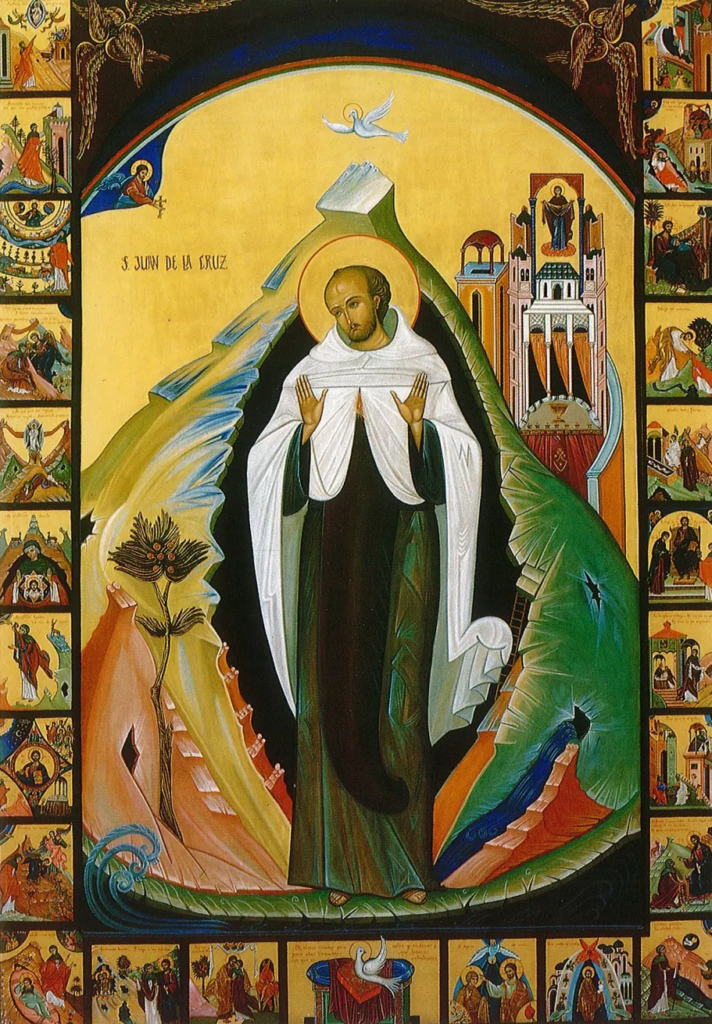


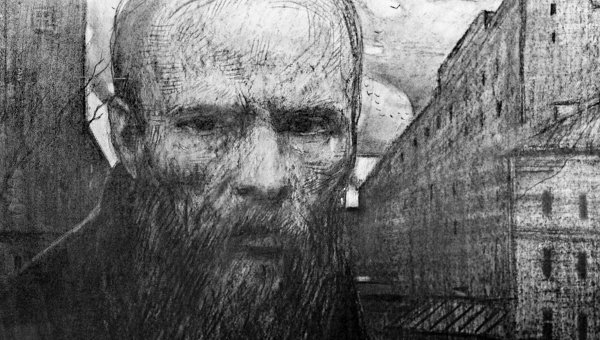
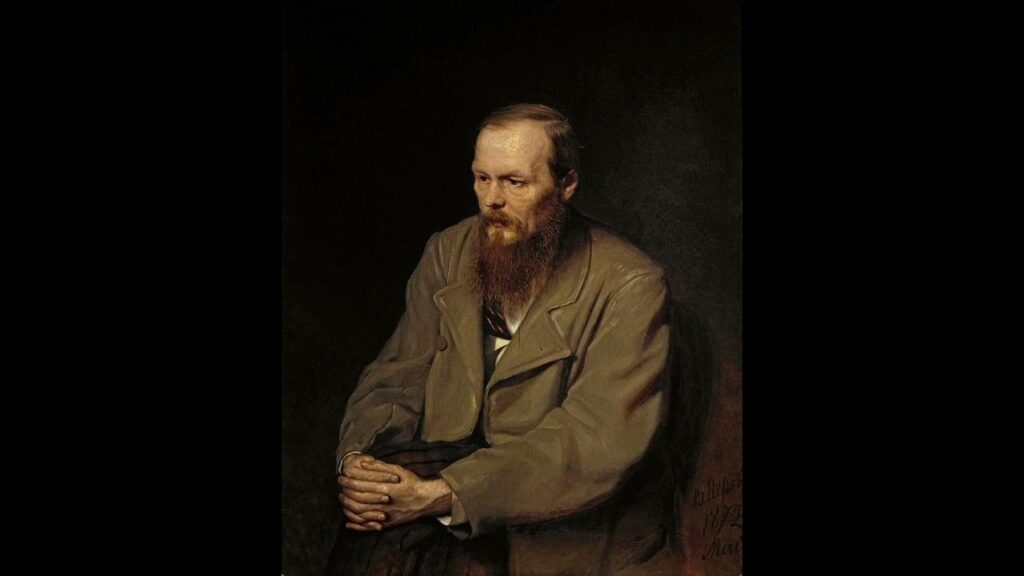
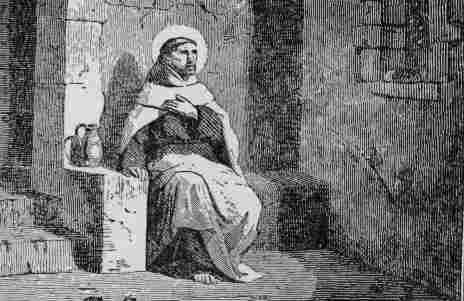
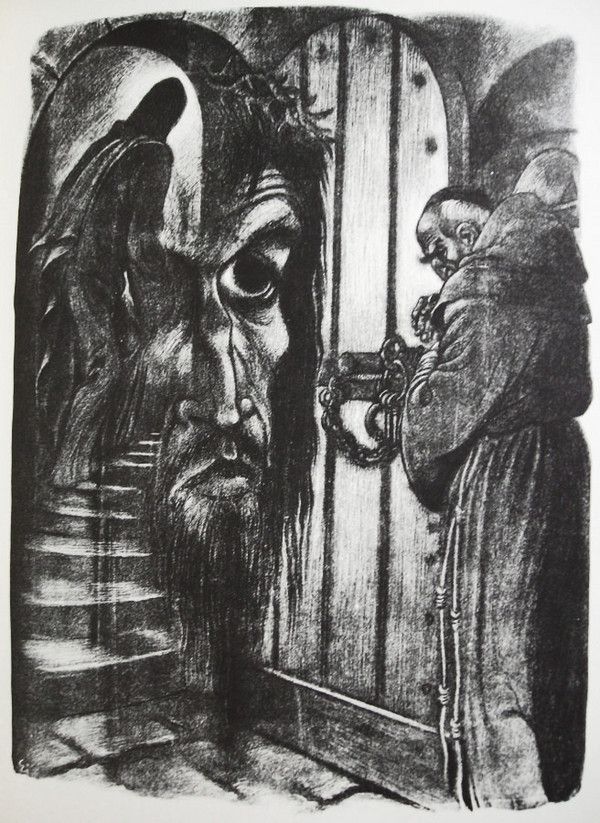
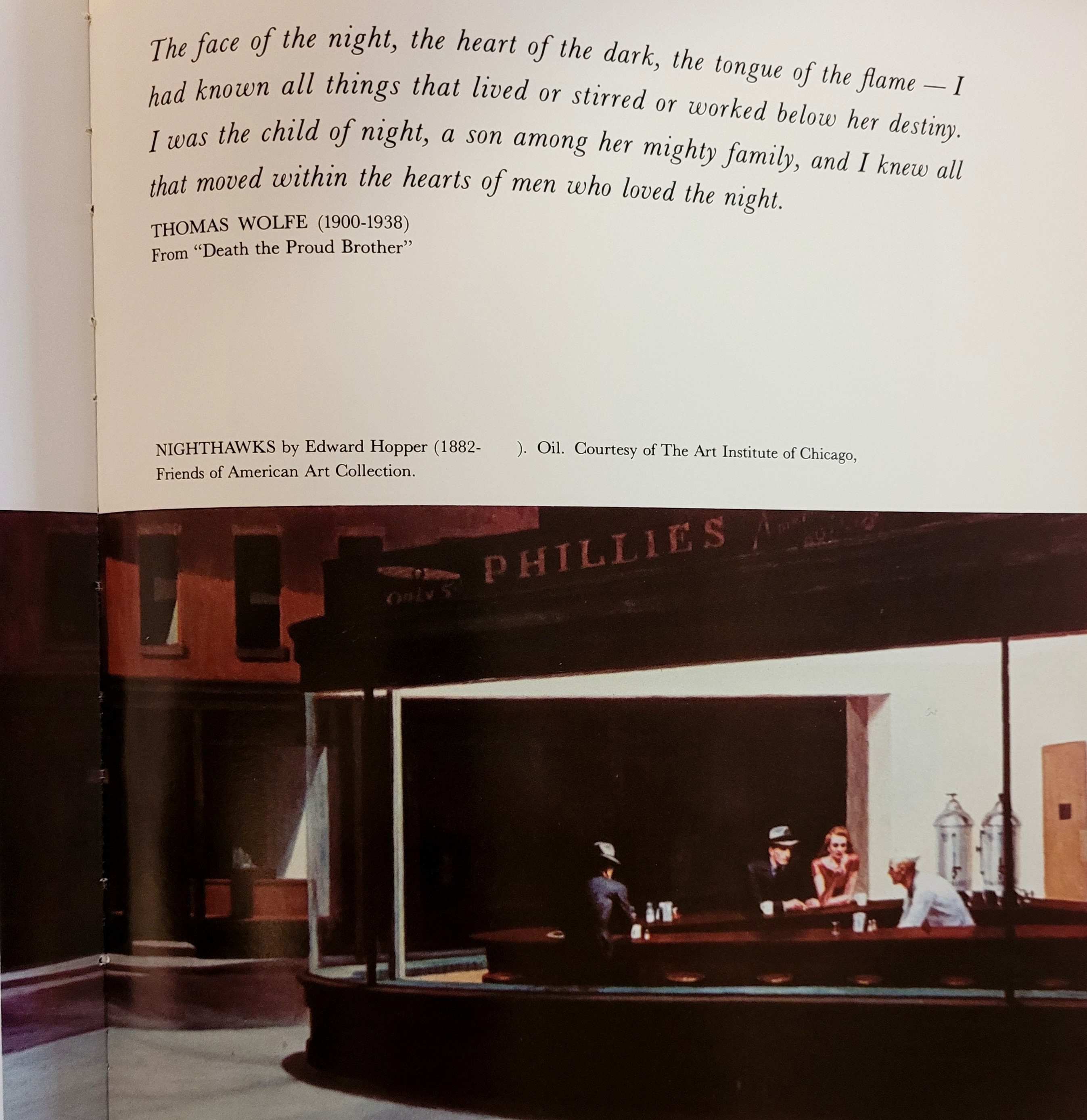
Recent Comments